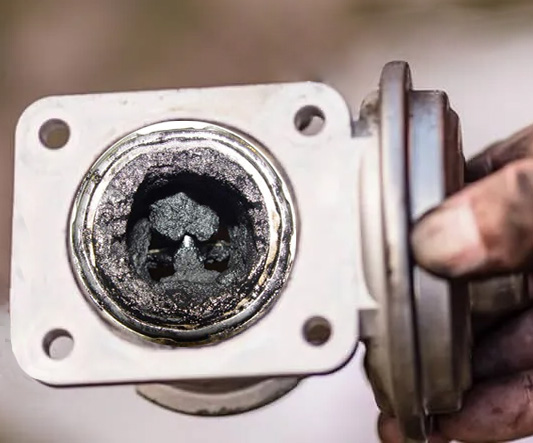General Motors (GM) will be asking a small number of 2022 Chevrolet Heavy Duty (HD) truck owners to return to their GM dealership for a problem affecting the brakes in their vehicles. The primary hydraulic brake line assembly may have not been tightened to manufacturer specifications and could loosen and leak.
The vehicles affected by this problem include:
| 2022 Chevrolet 4500HD |
| 2022 Chevrolet 5500HD |
| 2022 Chevrolet 6500HD |
In April 2022, during assembly end of the line testing, GM discovered that several of their Chevrolet HD trucks were experiencing a soft brake pedal feel and/or extended stopping distances. Navistar, the manufacturer of these vehicles informed GM that they intended to file a safety recall for this condition, and in May, GM’s Safety and Field Action Decision Authority (SFADA) decided to conduct a safety recall on the GM badged vehicles produced in the same suspect production period as the recalled Navistar vehicles. GM is not aware of any relevant field reports or crashes related to this problem.
According to the defect report, an investigation by the manufacturer of these vehicles found that the pressure sensor fitting of the primary hydraulic brake line assembly may not have been tightened to the correct manufacturer torque specification. If the brake line assembly loosens and brake fluid is lost, drivers may experience a soft or low brake pedal feel, extended stopping distances and the brake warning light may illuminate. Owners may also notice brake fluid on the ground or in the engine compartment.
Owners receiving notices will be asked to return to their dealers to have the brake pressure switch tightened to specification. They will also bleed the brake system and top off the brake fluid.
GM’s number for this recall is N222368230 and the NHTSA campaign number is 22V-364.

